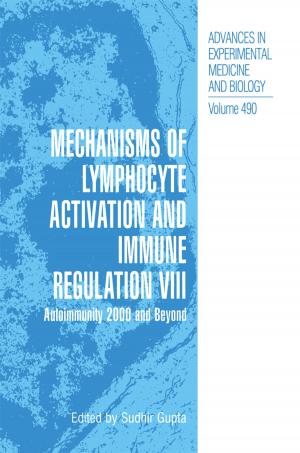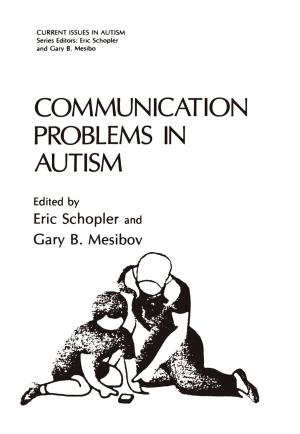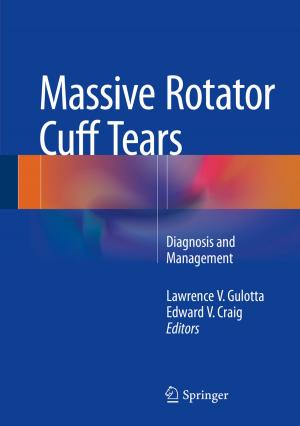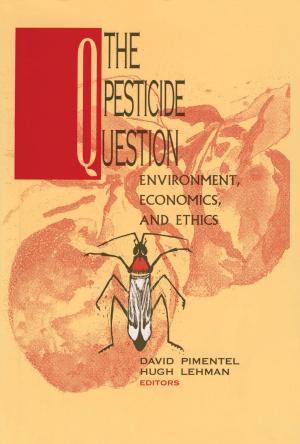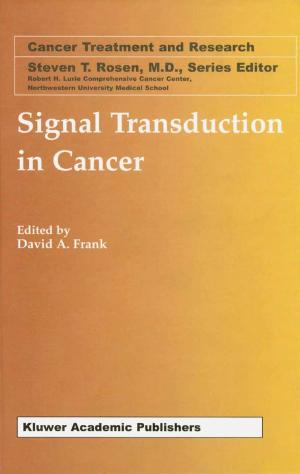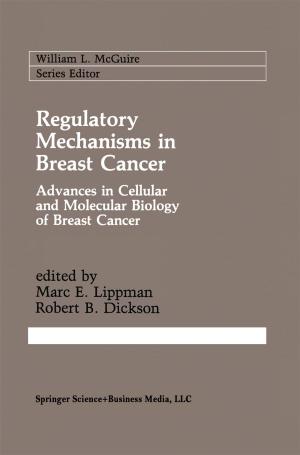Textbook of Coronary Thrombosis and Thrombolysis
Nonfiction, Health & Well Being, Medical, Specialties, Internal Medicine, Hematology, Cardiology| Author: | ISBN: | 9780585337548 | |
| Publisher: | Springer US | Publication: | January 21, 2008 |
| Imprint: | Springer | Language: | English |
| Author: | |
| ISBN: | 9780585337548 |
| Publisher: | Springer US |
| Publication: | January 21, 2008 |
| Imprint: | Springer |
| Language: | English |
Teleologically, the hemostatic mechanism is among The of Coronary Thrombosis and the most fundamental yet complex physiologic pro- in essence, represents a heartfelt gift of cesses in humans. Early scientists and physicians were knowledge from a dedicated group of scientists and fascinated by the blood's ability to remain in a liquid clinicians, who collectively have set out on a mission state only to clot in response to vascular injury. The to minimize the societal impact of"hemostasis in the cellular and noncellular components of normal wrong place. " The book is divided into four distinct hemostasis took centuries to discover, and the intrica- sections: Part 1, Scientific Principles, lays down the cies of their delicate interactions are still being unrav- supporting foundation; Part 2, Clinical Application eled today. As is so often the case, an in-depth of Scientific Principles, places the knowledge base in appreciation of physiologic hemostasis, representing a a working perspective, directly applying science to basic life-sustaining sequence of events, paved the patient care; Part 3, New Dimensions, provides a way for understanding abnormal hemostasis or glimpse of tomorrow. Steering the field clear of se- pathologic thrombosis. Aristotle, Malpighi, and proclaimed victory and the dangers of complacency as Osier, representing but a few of the founding fathers we move into the 21st century, Part 4, Evolution of in the field, would undoubtedly be honored to see Thrombocardiology, focuses on laboratory standards, their observations form the template for lifesaving clinical trials, and drugs in development.
Teleologically, the hemostatic mechanism is among The of Coronary Thrombosis and the most fundamental yet complex physiologic pro- in essence, represents a heartfelt gift of cesses in humans. Early scientists and physicians were knowledge from a dedicated group of scientists and fascinated by the blood's ability to remain in a liquid clinicians, who collectively have set out on a mission state only to clot in response to vascular injury. The to minimize the societal impact of"hemostasis in the cellular and noncellular components of normal wrong place. " The book is divided into four distinct hemostasis took centuries to discover, and the intrica- sections: Part 1, Scientific Principles, lays down the cies of their delicate interactions are still being unrav- supporting foundation; Part 2, Clinical Application eled today. As is so often the case, an in-depth of Scientific Principles, places the knowledge base in appreciation of physiologic hemostasis, representing a a working perspective, directly applying science to basic life-sustaining sequence of events, paved the patient care; Part 3, New Dimensions, provides a way for understanding abnormal hemostasis or glimpse of tomorrow. Steering the field clear of se- pathologic thrombosis. Aristotle, Malpighi, and proclaimed victory and the dangers of complacency as Osier, representing but a few of the founding fathers we move into the 21st century, Part 4, Evolution of in the field, would undoubtedly be honored to see Thrombocardiology, focuses on laboratory standards, their observations form the template for lifesaving clinical trials, and drugs in development.







